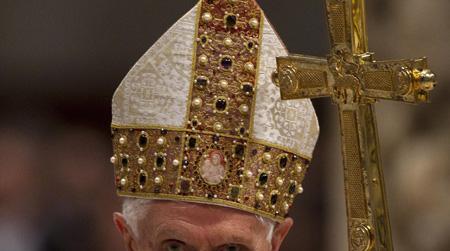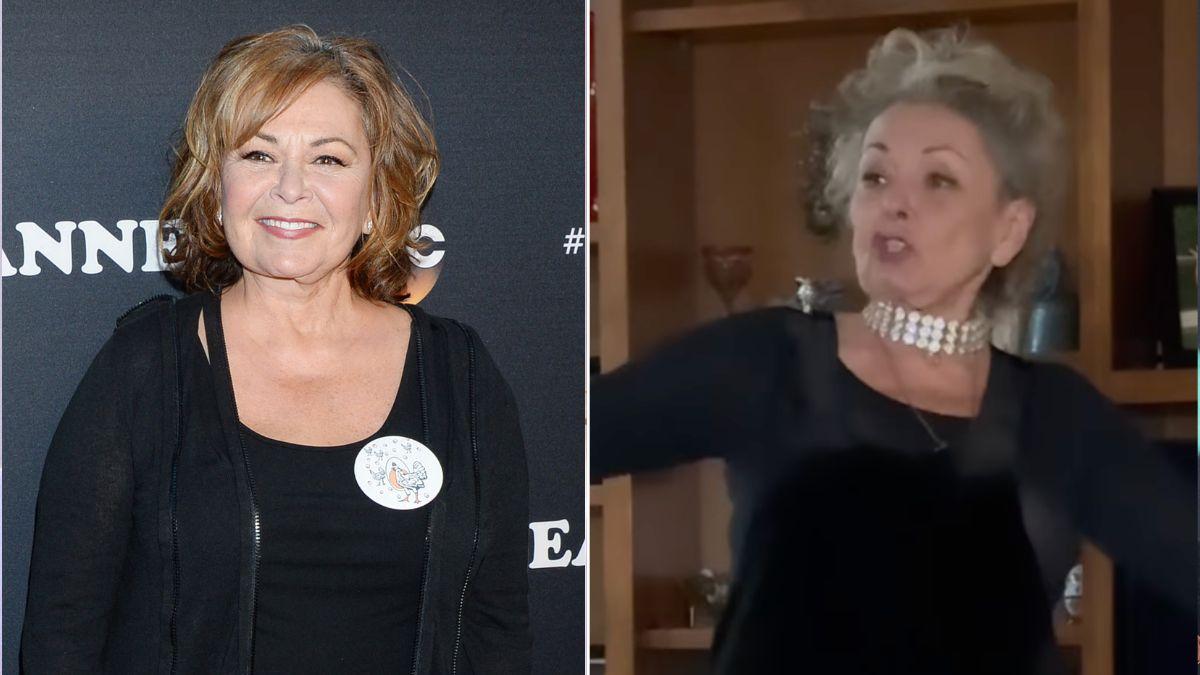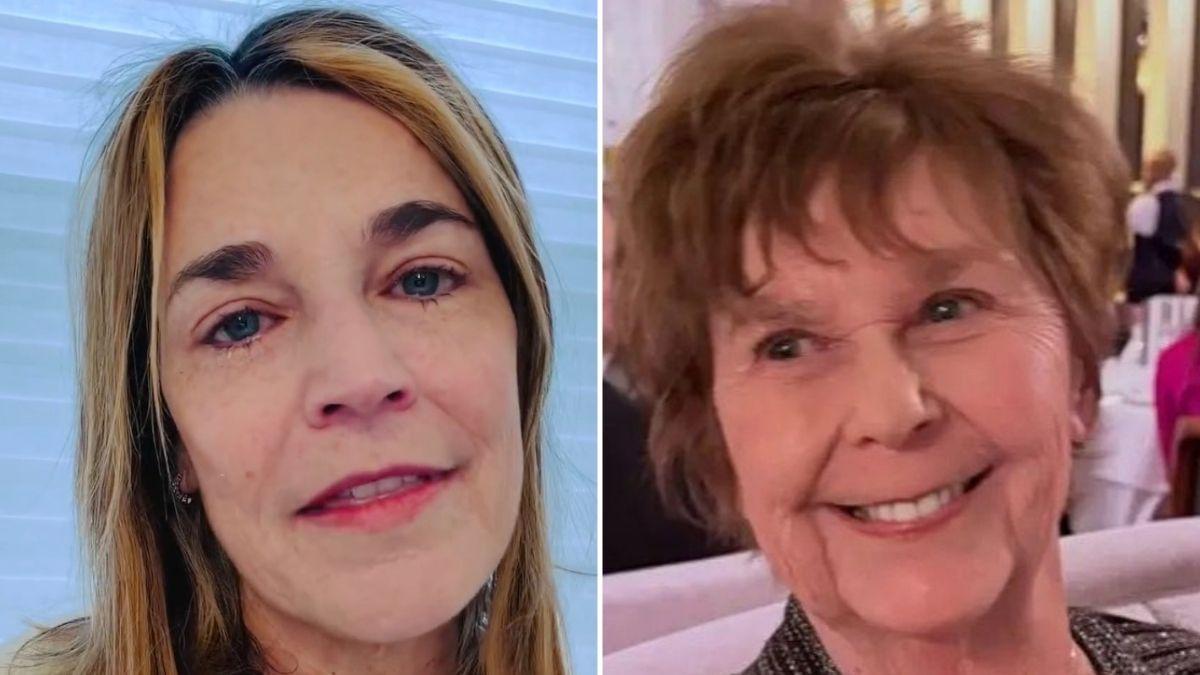Who Is Benedict XVI? 7 Things You Didn't Know About The First Pope To Resign In 600 Years

Feb. 11 2013, Published 4:42 p.m. ET
Pope Benedict XVI shocked Catholics around the world Monday with his announcement that he will resign on February 28, becoming the first leader of the church to step down in six centuries.
Citing advanced years and infirmity as his reasons, 85-year-old Benedict revealed his plans to a small gathering of cardinals at the Vatican, telling them that after examining his conscience “before God, I have come to the certainty that my strengths, due to an advanced age, are no longer suited to an adequate exercise” of leading the world’s one billion Roman Catholics.
The last pope to resign was Pope Gregory XII, who stepped down in 1415, and in honor of the historical news, RadarOnline.com has compiled seven things that you may not know about Pope Benedict XVI.
7. Born in 1927 in Bavaria, Germany, the pope's birth name was Joseph Aloisius Ratzinger, he was the youngest child of a police officer father but got his calling from the church at an early age. At just five, Ratzinger was in a group of children who welcomed the visiting Cardinal Archbishop Munich with flowers. Struck by the cardinal's distinctive robes, he announced later that day that he wanted to be a cardinal himself.
6. The most controversial episode in Ratzinger's life came shortly after his 14th birthday when he joined the Hitler Youth in 1941, which was required of all German boys at the time. He was described as an unenthusiastic member of the Nazi group by his brother, and the family's support further diminished after one of their cousins, who suffered from Downs syndrome, was taken away by the Nazi regime and murdered during the eugenics campaign.
5. In 1943 while still in the seminary, he was drafted into the German anti-aircraft corps as an air force child soldier and then trained in the German infantry. However, within two years he deserted back to his family's home in Traunstein after his unit had ceased to exist, just as American troops established their headquarters in the Ratzinger household. Ratzinger was arrested and sent to a POW camp but was released just months later and returned to the seminary when World War II ended in the summer of 1945.
4. Peacetime allowed Ratzinger to focus fully on his faith, he was ordained as a priest in June 1951 and for the next 30 years he taught dogma and theology at German schools, including universities in Bonn and Munster, where he made his name as a reformer and acted as an expert on the Vatican II council. However, his forward-thinking viewpoint didn't stretch so far as to support the radical Marxist leanings of the student movement in the 1960s, when he began to connect their radicalism with a departure from traditional Catholic teachings.
3. After being named the Prefect of Sacred Congregation of the Doctrine of Faith by Pope John Paul II in 1981 (the main duties of which are enforcing Catholic orthodoxy), Ratzinger continued his rise up the ranks of the church by defending its doctrine on globally-debated hot topics such as birth control, homosexuality, and inter-religious dialogue. Later, as Pope, he was accused in a lawsuit of conspiring to cover up the molestation of three boys in Texas, but sought and obtained diplomatic immunity from prosecution.
Los Angeles Sex Scandal Teacher Played Dress Up With Children, See The Shocking Photos
2. When John Paul II died in 2005, the Financial Times cited Ratzinger as the frontrunner to proceed him with odds of 7-1, and on 19 April 2005 he was elected as the successor, although seemingly a reluctant one, as he revealed: "At a certain point, I prayed to God 'please don't do this to me'...Evidently, this time He didn't listen to me." He chose the name Benedict - meaning "the blessed" - in honor of Pope Benedict XV – who was known for his pursuit of peace during the First World War – and St. Benedict of Nursia, founder of the Benedictine monastaries. At 78, he was also the oldest new pope since 1730.
1. The darkest black mark on both Benedict's papacy and the modern Catholic Church has been the clerical sexual abuse scandal, and his handling of it has been strongly criticized, despite an investigation into the Legion of Christ founder, Father Marcel Maciel, who was accused of repeated acts of sexual abuse against children. In March 2010, the Pope sent a Pastoral Letter to the Catholic Church in Ireland addressing cases of sexual abuse by Catholic priests to minors, expressing sorrow, and promising changes in the way accusations of abuse are dealt with -- but victims' rights groups say he failed to clarify the power of secular law enforcement, and he could not escape the reality that the

church had shielded priests accused of molesting, kept it secret from the civil authorities, and blocked criminal prosecution.


